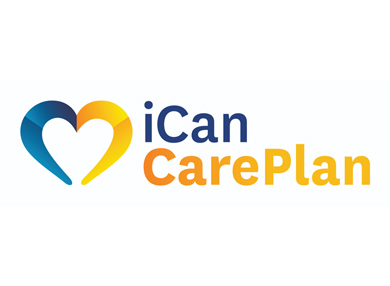End-of-life care for culturally diverse patients
Within this project, we are co-designing quality end of life care for culturally and linguistically diverse people with cancer.
Project sponsor: Cancer Institute NSW
 About the project
About the project
This program will address known deficits in quality of end-of-life care for culturally and linguistically diverse (CALD) people with cancer by providing evidence-based resources to improve person-centred end of life care for the 10.7 million CALD Australians born overseas (6.2 million) or had parents born overseas (4.5 million) who may experience cancer.
For people with cancer at risk of mortality or near the end of life, advanced care planning (ACP) supports the communication about the kind of care the person would consider appropriate if they cannot make their own wishes known in the future.
Partnering with consumers and clinicians, the program will adapt ACP guides to make them more suitable for CALD consumers. The resulting outcomes will be increased capacity for people with cancer at the end of their life to be cared for in a way that meets other cultural, religious and spiritual preferences in a sustainable way.
Project goals
The goal of this project is to address known deficits in quality of end-of-life (EoL) care for culturally and linguistically diverse (CALD) people with cancer.
The objectives are to:
- determine the uptake of advanced care planning (ACP) amongst CALD people experiencing cancer and socio-cultural factors predicting uptake
- establish barriers and facilitators to ACP amongst CALD people experiencing cancer and their clinicians
- co-design cultural adaptations to current ACP guidance resources to support person-centred, high-quality EoL care
- co-produce implementation guidance for cancer clinicians to support the use of adapted ACP resources
- determine the impact of the adapted resources and implementation guidance on uptake of ACP and the psycho-social benefits for CALD consumers.
- Objective 1 will be addressed using a retrospective medical record audit.
- Objectives 2–4 will be addressed using an adapted method of Experience-Based Co-Design (EBCD) to adapt ACP conversation guides to enhance end of life cancer care.
- Objective 5 will be addressed by a pilot effectiveness-implementation trial. This is to determine effectiveness of the adapted ACP resources on the number of CALD consumers who take up ACP, their quality of life and the associated psychosocial gains (reduced stress, anxiety and depression), in addition to clinician confidence in ACP with CALD consumers.
Project lead: Professor Reema Harrison
Other members and collaborators
- Sheetal Challam
- Angie Dalli
- Nadine El-Kabbout
- Misbah Faiz
- Lukas Hofstatter
- Liverpool Hospital
- Professor Elizabeth Manias
- Vitor Rocha
- Sacred Heart Hospital
- Philippa Sambevski
- Dr Ursula Sansom-Daly
- Mashreka Sarwar
- Sydney Children's Hospital Randwick
- Thit Tieu
- Lisa Woodland